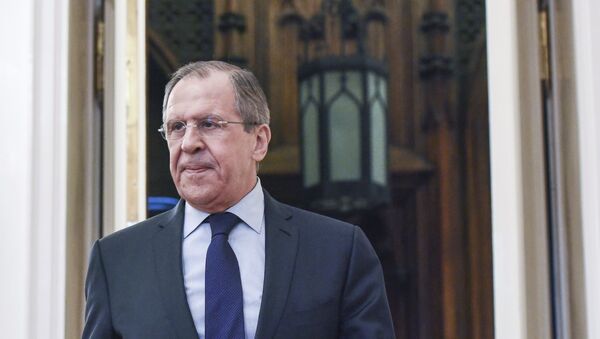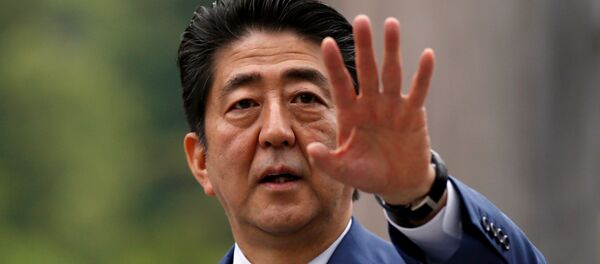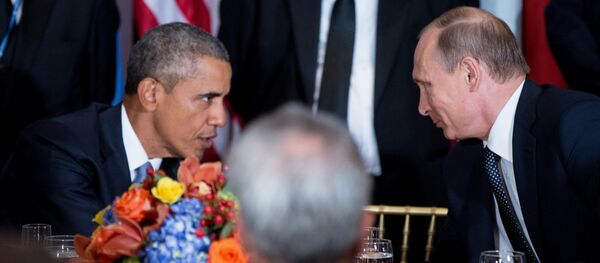Putin-Abe Talks
"The talks covered all aspects of our relations, without exceptions: political dialogue, economy in all its dimensions, interparliamentary ties, foreign policy cooperation."
Russian President Vladimir Putin and Japanese Prime Minister Shinzo Abe agreed to continue talks on signing a permanent peace treaty over 70 years after the end of World War II, Lavrov said.
"Our leaders discussed the issues of the peace treaty in accordance with agreements reached on May 6 in Sochi. There were two deputy foreign ministerial consultations. The sides discussed issues in accordance with President Putin’s and Prime Minister Abe’s orders given in Sochi," Lavrov told reporters.
Moscow sees Tokyo’s readiness to discuss the joint development and humanitarian activity on the Kuril Islands, he said.
Japan and Russia have never signed a permanent peace treaty after World War II due to a disagreement over four islands, which Russia calls the Southern Kurils and Japan the Northern Territories. The disputed islands, located in the Sea of Okhotsk, were claimed by Soviet forces at the end of the war.
Lavrov added that a number of major Russia-Japan projects are being prepared for implementation.
Abe presented a bilateral economic plan during his Sochi visit. The plan covers such areas as oil and gas development and the modernization of ports and airports in the Far East.
Putin may visit Japan before the end of the year, Lavrov added.
Russia-US Agreement on Syria
“Near-daily and weekly contacts are held between the Russian and US military and intelligence services in order to develop this algorithm. We expect that this work will be completed in the very near future. Virtually all components of the task are clear, understanding is reached on most issues,” Lavrov told reporters.
Situation when al-Nusra Front terrorists use Syrian opposition to avoid strikes cannot continue forever, he said.
“Most importantly is that none of our Aerospace Forces’ agreements with the US Air Force and the coalition it leads to coordinate actions against terrorists will be practically implemented if our American partners do not meet their pledge given long ago – to draw a boundary between the opposition that cooperates with the United States from terrorists, primarily al-Nusra Front,” Lavrov stressed.
He stressed that the intermingling between moderate and radical forces within the Syrian opposition remains a sticking point in the largely agreed Russian-US anti-terrorist coordination in the Arab republic.
"Many groups that Americans consider acceptable for negotiations have in fact allied with al-Nusra Front. Al-Nusra Front, meanwhile, uses them to escape attacks. This is a situation that cannot continue indefinitely," Lavrov told reporters.





